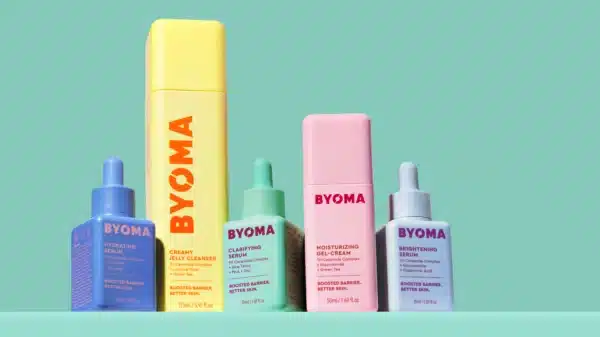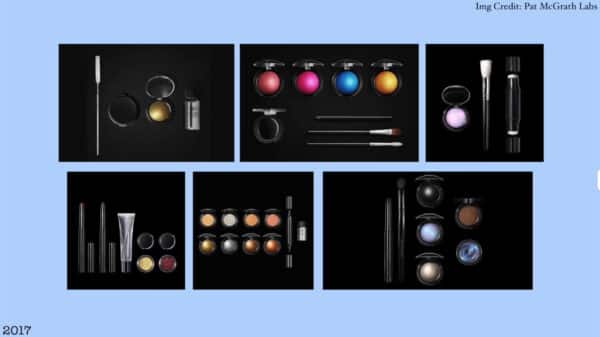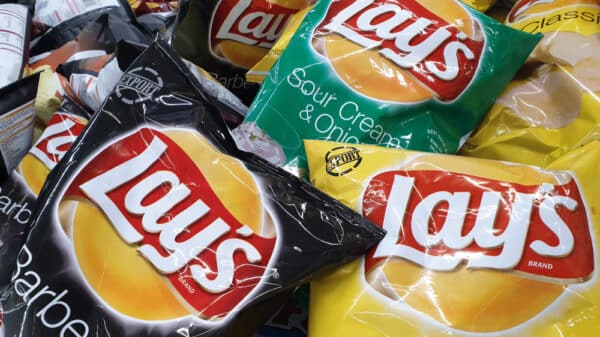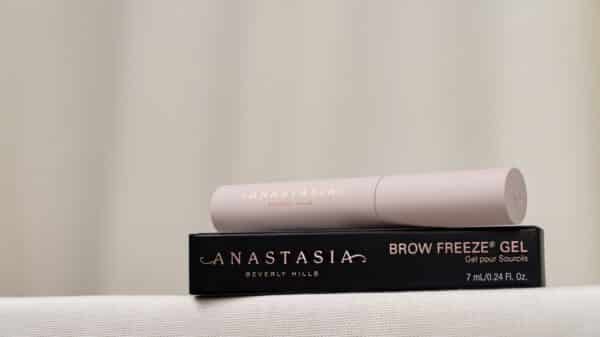This holiday season in the United States is unfolding with a notable contrast to last year, particularly in terms of product discounts. According to Dan Peskorse, the owner of Upstream Brands, the absence of significant markdowns can largely be attributed to the impact of tariffs. These tariffs have led to increased costs for many goods, limiting retailers’ ability to provide the discounts customers might expect.
Upstream Brands, which markets its products on platforms like Amazon, typically realizes approximately 35% of its annual revenue during the holiday season. However, the company is contending with higher production costs due to tariffs imposed under the previous administration. For instance, a copper herb stripper that was priced below $20 last year has climbed to about $30.
“It simply doesn’t make fiscal sense to offer discounts under these circumstances,” Peskorse explained. “Our primary concern is that customers seem to be financially constrained and are tightening their spending habits, which creates a challenging environment.”
This shift in pricing strategy is evident among brands ranging from Coach to Therabody. While some companies cite tariffs and inflation as their primary drivers for reduced promotions, others aim to maintain their brand reputation and exclusivity.
Sonia Lapinsky, a fashion retail expert at AlixPartners, referred to the current holiday retail landscape as unusual, stating, “The challenges are piling up.” Companies that earlier absorbed the first wave of tariffs now find it nearly impossible to match the discount levels seen in previous years.
Therabody, known for its luxury wellness devices, faces similar constraints. Despite launching products that command high prices, the firm is regrettably unable to implement discounts comparable to those offered last year. Tariffs have compelled Therabody to hike its prices by 5% to 7%, and they are now steering some of their production away from China to manage costs better.
With discretionary spending under pressure due to rising living expenses, many retailers are hedging their bets. A survey by PricewaterhouseCoopers indicates that holiday spending is predicted to dip by an average of 5%, with consumers aged 17 to 28 facing an even steeper 23% decline in their holiday budgets.
Retail experts like Neil Saunders highlight the challenging dichotomy retailers currently face: the need to preserve profit margins versus the competitive landscape that demands customer-friendly discounts. He anticipates some reasonable discounting for events like Black Friday, but warns that such deals may be built on the back of prior price increases, diluting their perceived value.
Marshal Cohen, chief retail advisor at Circana, echoes this sentiment, indicating that while promotions will occur, they may not carry the weight of previous years. Retailers are carefully managing inventory levels in a move to avoid being burdened by excess stock that would necessitate deep markdowns.
Some brands, like Coach, consciously seek to maintain a full-price selling strategy, viewing discounts as potentially damaging to brand desirability. Coach’s CEO, Todd Kahn, articulated this approach by explaining their strategy to generate consumer interest through innovative product releases and exclusive offerings.
Similarly, brands such as Nike, Levi Strauss, and Ralph Lauren are moving away from aggressive promotions, aiming instead to foster a sense of exclusivity around their products. The luxury market, in particular, remains wary of markdowns, as they can suggest a lack of demand.
Despite these tactics, consumers remain vigilant for attractive deals. Recent data from the University of Michigan indicates that consumer confidence is nearing historic lows, with growing concerns about job security and rising costs playing pivotal roles in their holiday shopping decisions.
“I can’t justify paying full price unless there’s a significant discount,” shared Olivia Decho, a 27-year-old dentist from New York City, reflecting the caution many shoppers feel.




























